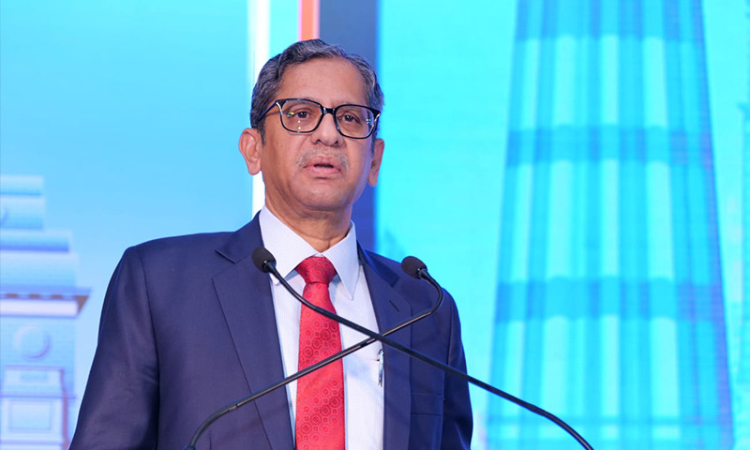While delivering the inaugural speech at the Justice S.B. Sinha Memorial Lecture on 'Life of a Judge', Chief Justice of India, N.V. Ramana observed that in absence of judicial review, people's faith in the Constitution of India would have diminished."One gets to hear that judges, being unelected, should not get into legislative and executive arenas. But this ignores the...

